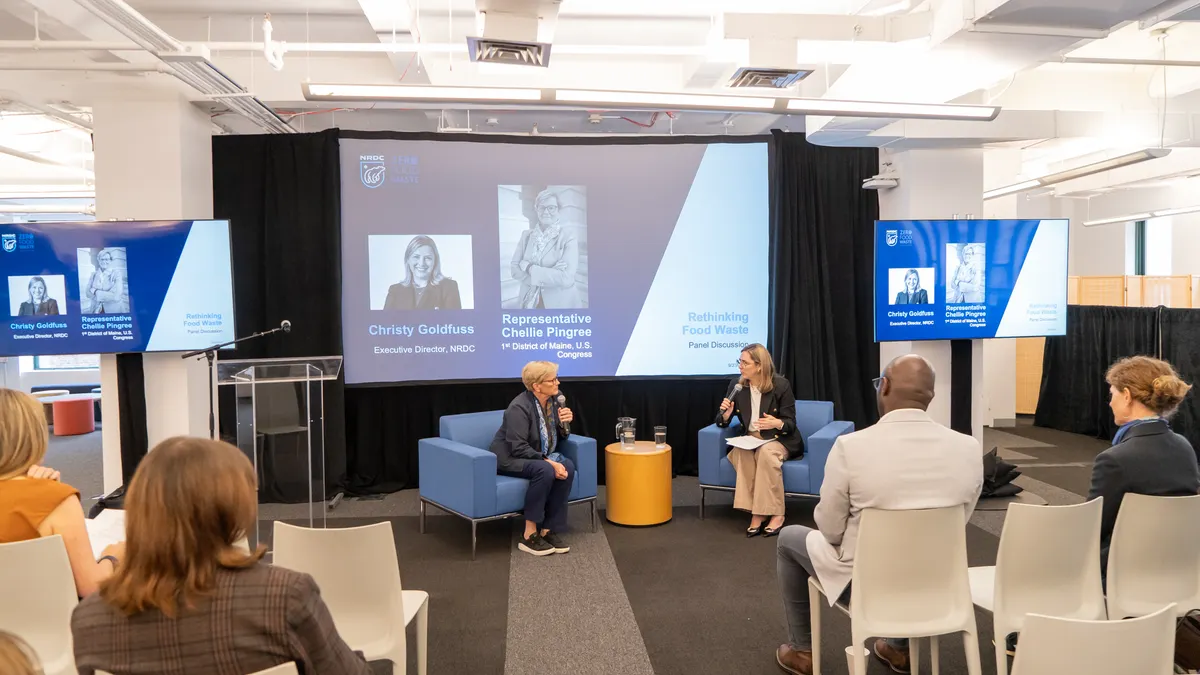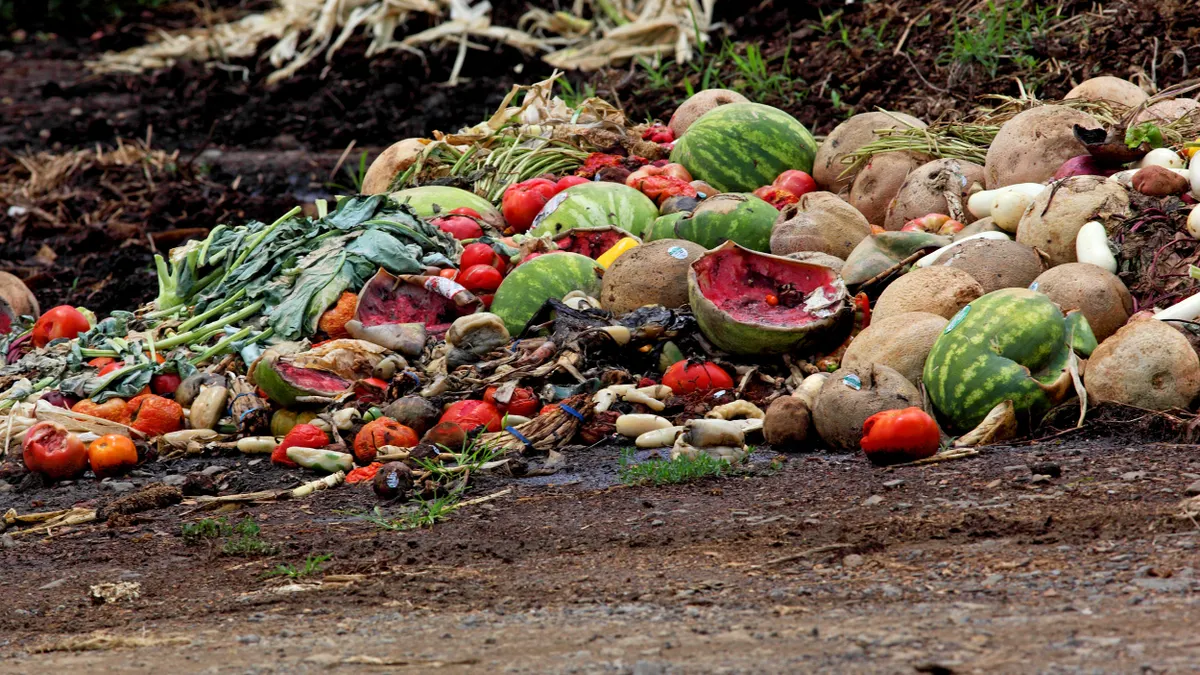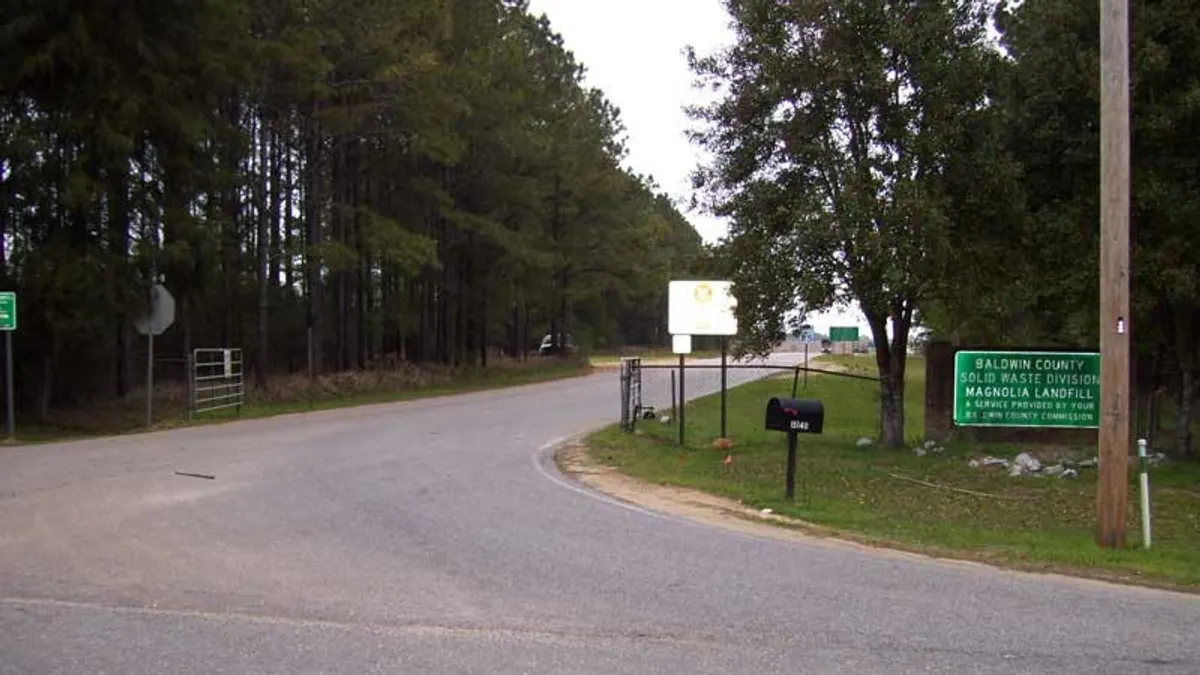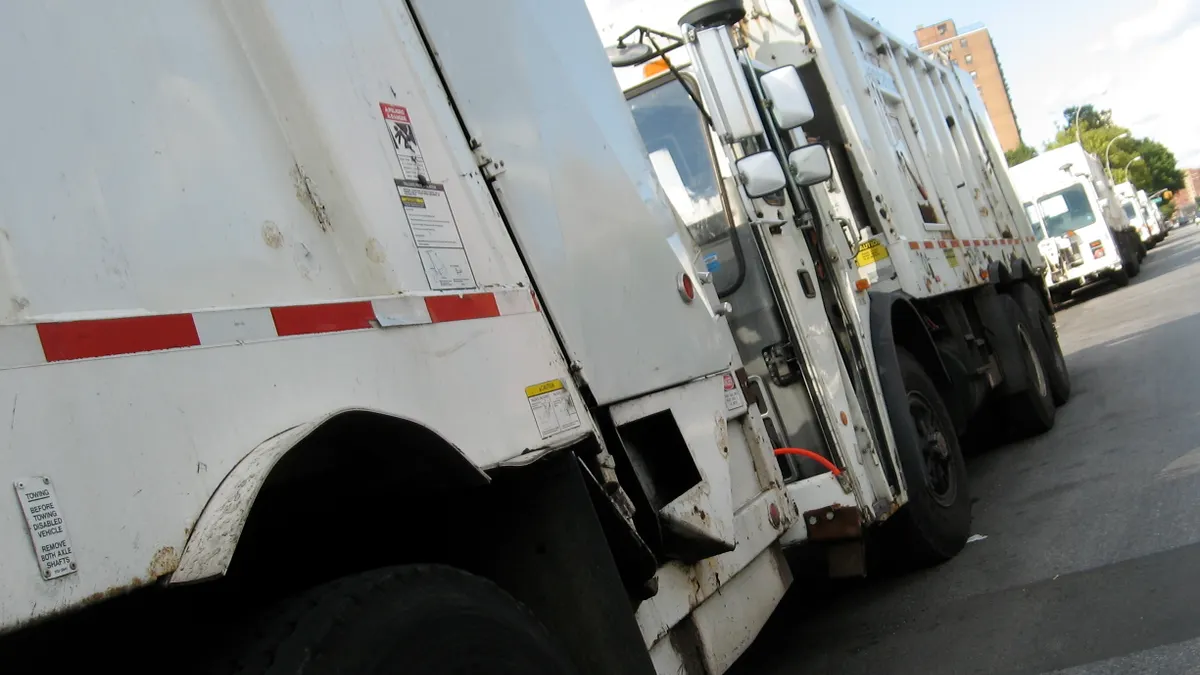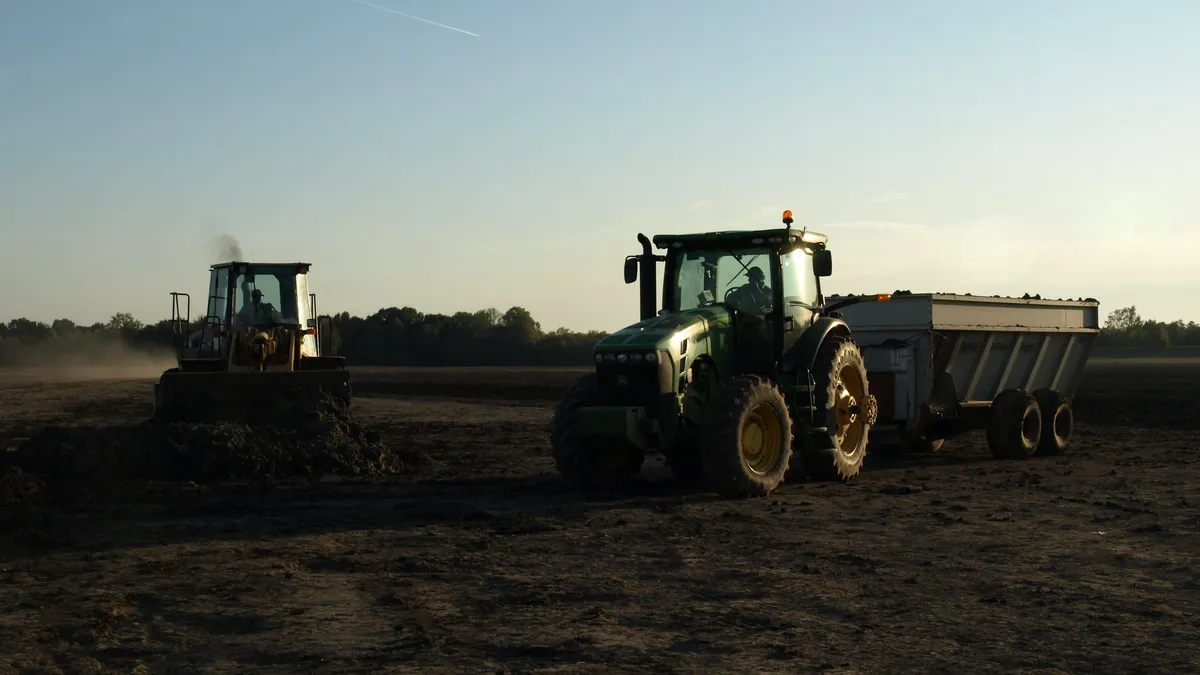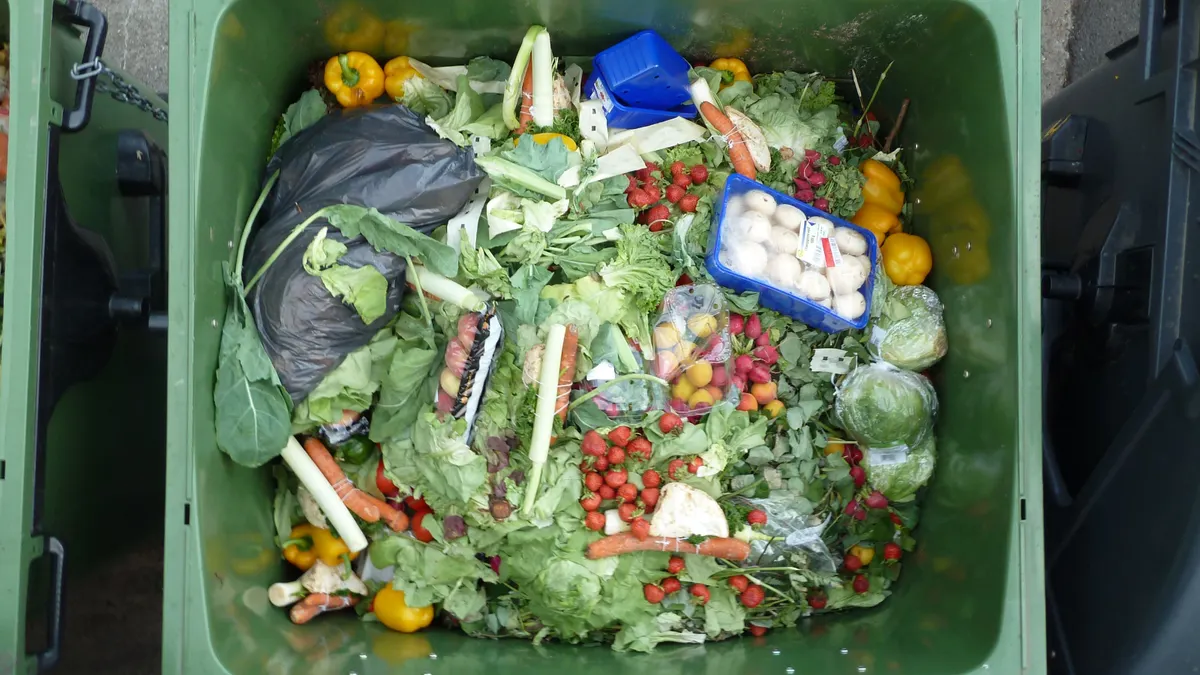Climate action at the federal level is grinding to a halt. In recent weeks, the Trump administration has moved to gut greenhouse gas reporting and reverse a decision underpinning most federal climate rules. And yet, the administration has so far appeared neutral or even bullish on the issue of food waste.
In a September announcement, the U.S. EPA launched its “Feed It Onward” initiative, which in the agency’s own words is “designed to reduce food waste and strengthen food security across America.” The agency emphasized findings from a report it released in April, which found that a typical American consumer spends $14 per week on wasted food.
“I’ll take any win I can get,” Rep. Chellie Pingree, a Maine Democrat who is the ranking member of the House subcommittee in charge of agriculture appropriations, said during an interview with Waste Dive at Climate Week in New York on Sept. 24.
Pingree has long been an advocate for federal food waste reduction policy, championing the creation of the food loss and waste reduction liaison position in the U.S. Department of Agriculture in 2018. She made progress on the issue during Trump’s first term, successfully convincing her Republican colleagues that saving food for donation, recovery or as a resource is a bipartisan issue.
“To even have them bring that into a policy conversation or show some interest or movement in it — it certainly wasn’t complete or everything that I was looking for, but I appreciated that they were calling it an initiative and making it an announcement,” Pingree said.
Over the past four years, many of the nonprofits and organizations that support tackling food waste struck a climate-inflected tone.
Organic waste is responsible for 58% of fugitive landfill methane emissions, a potent greenhouse gas, according to EPA data. Landfills themselves are the third-largest source of methane pollution in the country. Groups like the Natural Resources Defense Council have pitched food waste reduction as a meaningful way to reduce carbon emissions, and local governments have incorporated the strategy into their climate plans.
But Trump’s second term is more hostile to the climate conversation than ever. And climate change may not be the biggest concern for the average business owner or resident putting their food scraps in the trash, environmental groups say.
As a result, food waste reduction proponents are finding new ways to talk about the challenge, including cost savings for families and preserving dwindling landfill capacity around the country.
"How can you make a climate argument without it being a climate argument with someone who doesn't want to talk about climate in communities?" Madeline Keating, a senior advocate at the NRDC, said during a webinar hosted by food recovery organization Spoonfuls. "The economic argument needs to come first, it really does, and it's a hard shift."
Crafting local policy
The NRDC conducted message testing in recent months around food waste policy. The organization found the tested population viewed the term "food waste diversion policy" the most positively compared to other terms like “food waste ban.”
Nearly three-quarters of those surveyed in this preliminary research said they'd vote in favor of such a policy. When asked what they thought a “food waste diversion policy” would include, about 60% said it would require grocery stores to reroute wasted food toward hungry people. A further 48% viewed it as a requirement to keep food out of the trash, and 30% viewed it as a policy creating residential compost pickup service. Just 19% viewed such a policy as a way to "punish" wasteful practices, which Keating said was "really exciting."
Massachusetts was among the first states in the country to begin rolling out such a policy. The state's organic waste diversion policy has started with the largest commercial generators and worked toward progressively smaller entities.
A study the state released this year found that organic waste tonnages diverted from disposal had doubled between 2016 and 2024. But the state is now looking to expand its diversionary practices to include small businesses and individuals, which comes with a unique set of challenges, said John Fischer, deputy division director for solid waste materials management at the Massachusetts Department of Environmental Protection, on the Spoonfuls webinar.
"We're at a bit of a pivot point in our program," Fischer said.
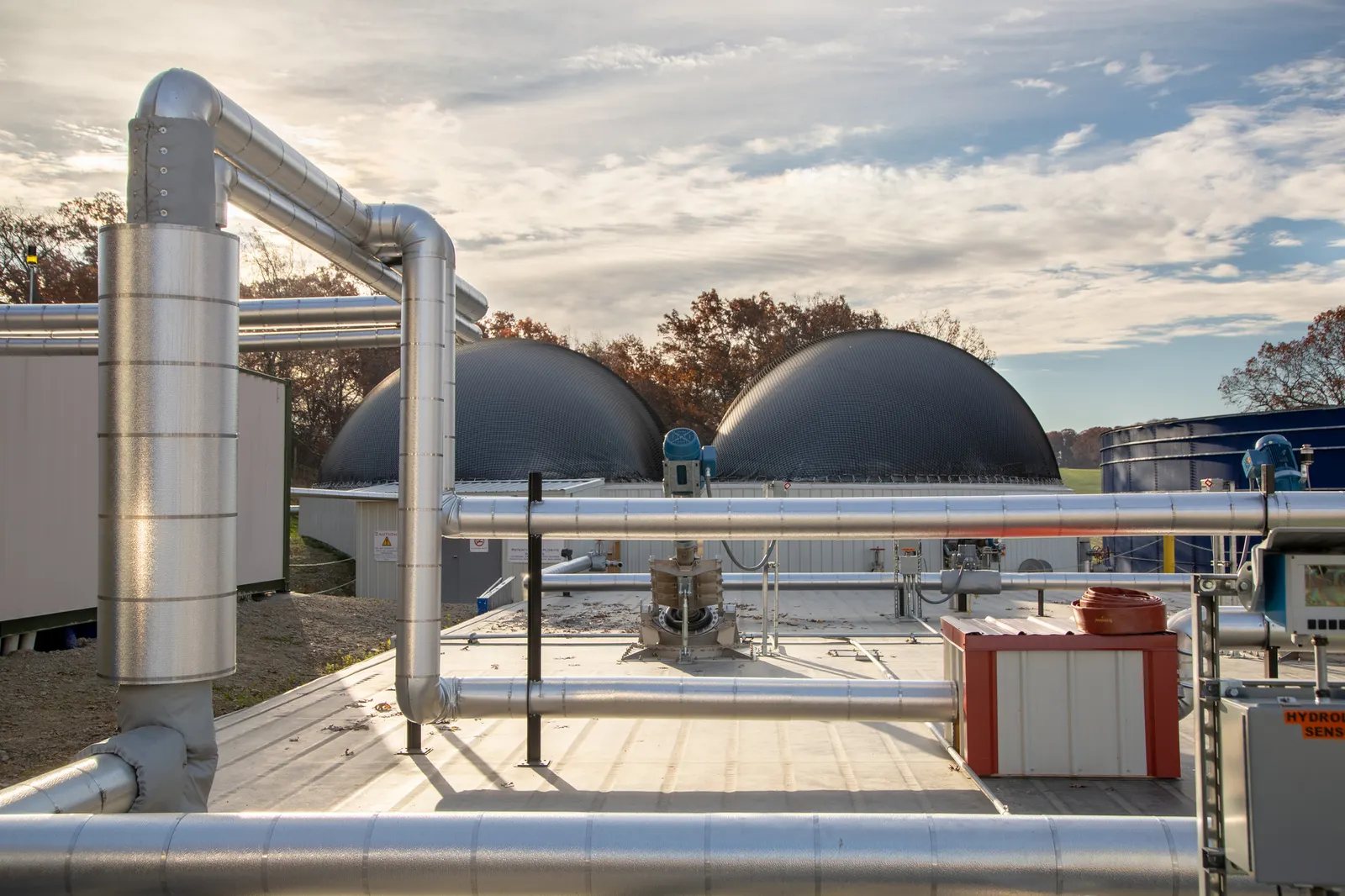
The state has partnered with the Center for EcoTechnology to conduct outreach to businesses that are currently wasting food. Lorenzo Macaluso, chief growth officer at CET, said his conversations with businesses have typically been most impactful when discussing cost savings.
In one instance, he found that a burger restaurant could save $70 per month by composting their organic waste. He was surprised to find how much of a difference that made to the business owner.
“That was really illuminating for us, that even seemingly modest savings can be quite a motivator when we can demonstrate that as a possible, attainable strategy,” Macaluso said. “It's just getting its due as a viable strategy, a cost-saving strategy, a climate strategy, all of the above.”
At the municipal level, landfill concerns have also emerged as a winning motivator, said Dana Gunders, president of food waste solutions nonprofit ReFed. She noted that local officials are often motivated by both the lowered economic and political cost that comes from delaying a landfill expansion.
“We don't talk about landfills enough,” Gunders said.
That strategy worked in Maine, said state Sen. Stacey Brenner, a Democrat. She successfully championed a bill that in July made Maine the eleventh state in the country to implement an organics diversion program.
“The pathway to success was driven by convincing my Republican colleagues that we all agree that waste is a commodity in the state of Maine and that there was an economic incentive for us to divert the waste from a landfill,” Brenner said at an event hosted by NRDC during Climate Week.
Seeking federal support
Food waste reduction advocates have picked up a win at the federal level as well. This year, Sen. Rick Scott (R-Florida) signed on as a cosponsor to the Food Date Labeling Act, which is expected to reduce waste by making expiration labels clearer for the average consumer.
Scott is the first Republican senator to cosponsor the bill, which has been introduced in Congress several times. He called it “a clear, straightforward solution to help consumers make smarter choices, reduce food waste, and support food donation efforts.”
Even so, achieving action at the federal level will be tricky, Pingree cautioned. She noted that in Trump's first term, her staff was able to maintain dialogue with staff at EPA and USDA despite ideological differences. But this year, "We've had very limited communication and it's been really hard to work with them," she said.
Democrats have also declined to approve a budget bill with Republicans, resulting in a federal government shutdown, in part over frustration with Trump's willingness to cancel spending that has already been appropriated.
Getting food waste legislation passed may also require a proper legislative vehicle. While Congress secured significant progress through the 2018 farm bill, the latest version appears to have once again taken a back seat to other omnibus legislation.
Pingree views the “Make America Healthy Again” movement as a possible conservative base of support for action on the issue — Scott emphasized that families need access to affordable food in his endorsement of the Food Date Labeling Act. But she anticipates it will take bipartisan, grassroots support to make any meaningful progress.
“If one of those external groups like a MAHA mom group or another food-related group starts making calls to a Republican's office, they’ll go to those events,” Pingree said. “If they found some interest in it, I think we’d see more opportunities there.”
Editor's note: This story has been updated with additional information from NRDC about the scope of their food waste research.



